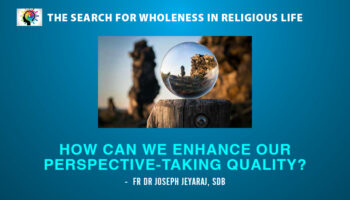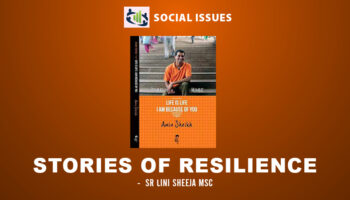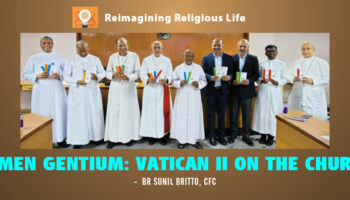Even before the invention of thermometers, people knew when they or someone else had fever. Don’t you remember your mother putting her hand on your neck and saying, “You have fever”?
Similarly, what we today call “counselling” (or psychotherapy or whatever) did not start with the new academic pursuit called psychology. People faced emotional distress—depression, jealousy, anger, fear, worry, broken relationships, stress, confusion, despair, feelings of rejection or inferiority. It is normal to talk about such disturbing or stressful events or feelings with someone we trust. We have all done it. Most of us have listened to others who spoke to us about their distress. Many find relief when they pour out their disturbing or confusing feelings.
Today, we probably have a more systematic understanding of mental and emotional struggles, and of how help can be given. We have all heard this word, “counselling.” Let me make ten simple and basic statements about it—hoping this helps the reader to clarify issues and also to seek and give help when needed.
- Everyone needs it: During my initial training in counselling, Carlos Welch, a wonderfully effective counsellor from the US who worked in India, told us one day that everybody needs counselling. I raised this objection: “Carlos, you told us the other day that, as adults, we need to stand on our own feet. Today, you are telling us that we need counselling.” He gave me a wise and practical answer: “Joe, standing on one’s own feet means that there are times when we realize and admit that we need help.”
Fr Joe Mannath SDB
To read the entire article, click Subscribe





